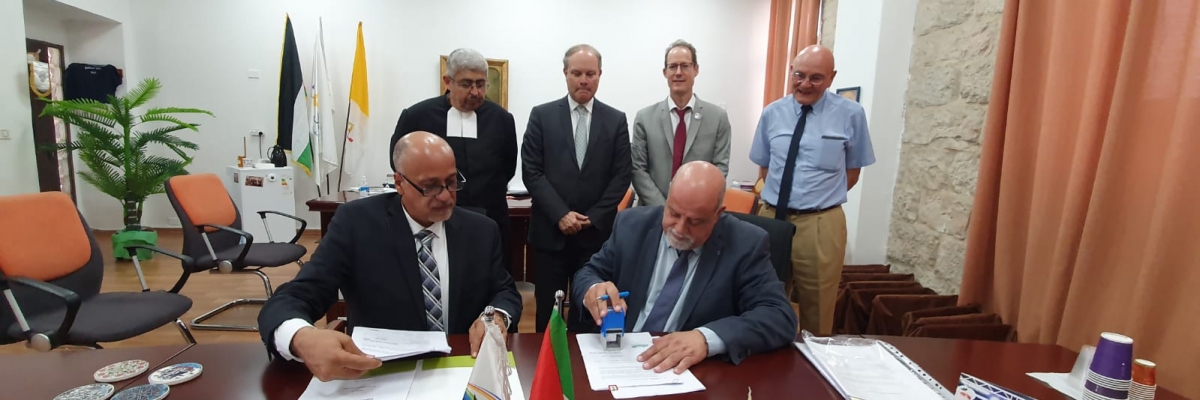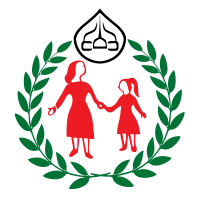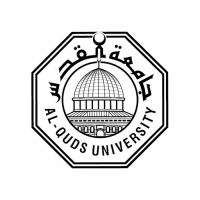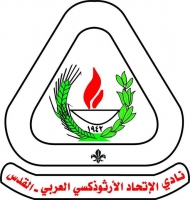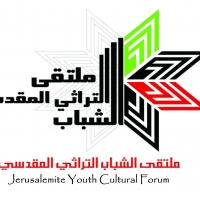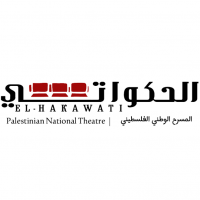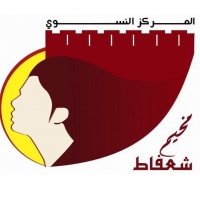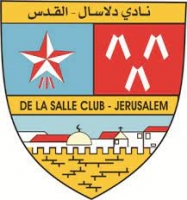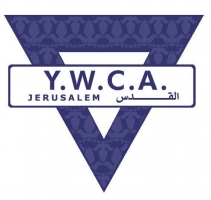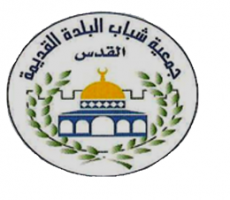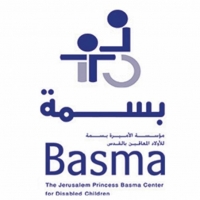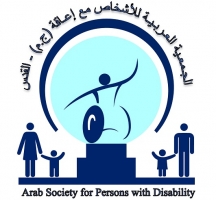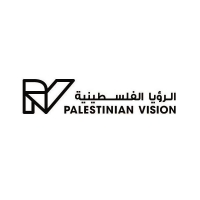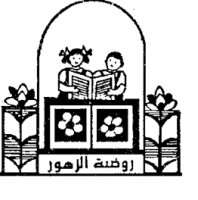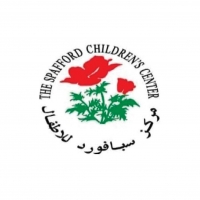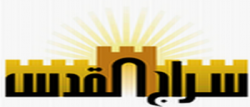The AJIR programme (Appui à Jérusalem-Est pour son Identité et sa Résilience) is a 100% social link project: it aims at consolidating social cohesion between populations and territories through support to youth and vulnerable communities. As part of the Vulnerability and Resilience to Crises Strategy, the programme seeks to prevent, or at least mitigate, the effects of conflict. In accordance with France's commitments at the World Humanitarian Summit in Istanbul, helping civil society strengthen its capacities is part of France's priority to support nonsovereign actors in order to foster more open and participatory governance models. By including all actors in society, AJIR intends to contribute to achieving the Sustainable Development Goals (SDGs).
II. OBJECTIVES AND PROJECT CONTENT
In light of the conflict and the chronic crises in East Jerusalem, improving the living conditions of the Palestinian population has been one of the three specific objectives of AFD's intervention framework in Palestine (2016-2020). Today, the geographical and administrative isolation of East Jerusalem as well as the economic and social difficulties faced by its inhabitants make it necessary to improve basic services and infrastructures. Equal access to social and legal services, education and culture can help combat disparities and discrimination - including those between women and men - and promote the social well-being of the Palestinian population.
AJIR' s primary objective is to support the resilience of Palestinians in East Jerusalem. In this context, three priority fields of action have been identified: (i) improving education and cultural services provided to youth, (ii) supporting vulnerable populations, and (iii) fostering the role of civil society and enhancing its capacities.

